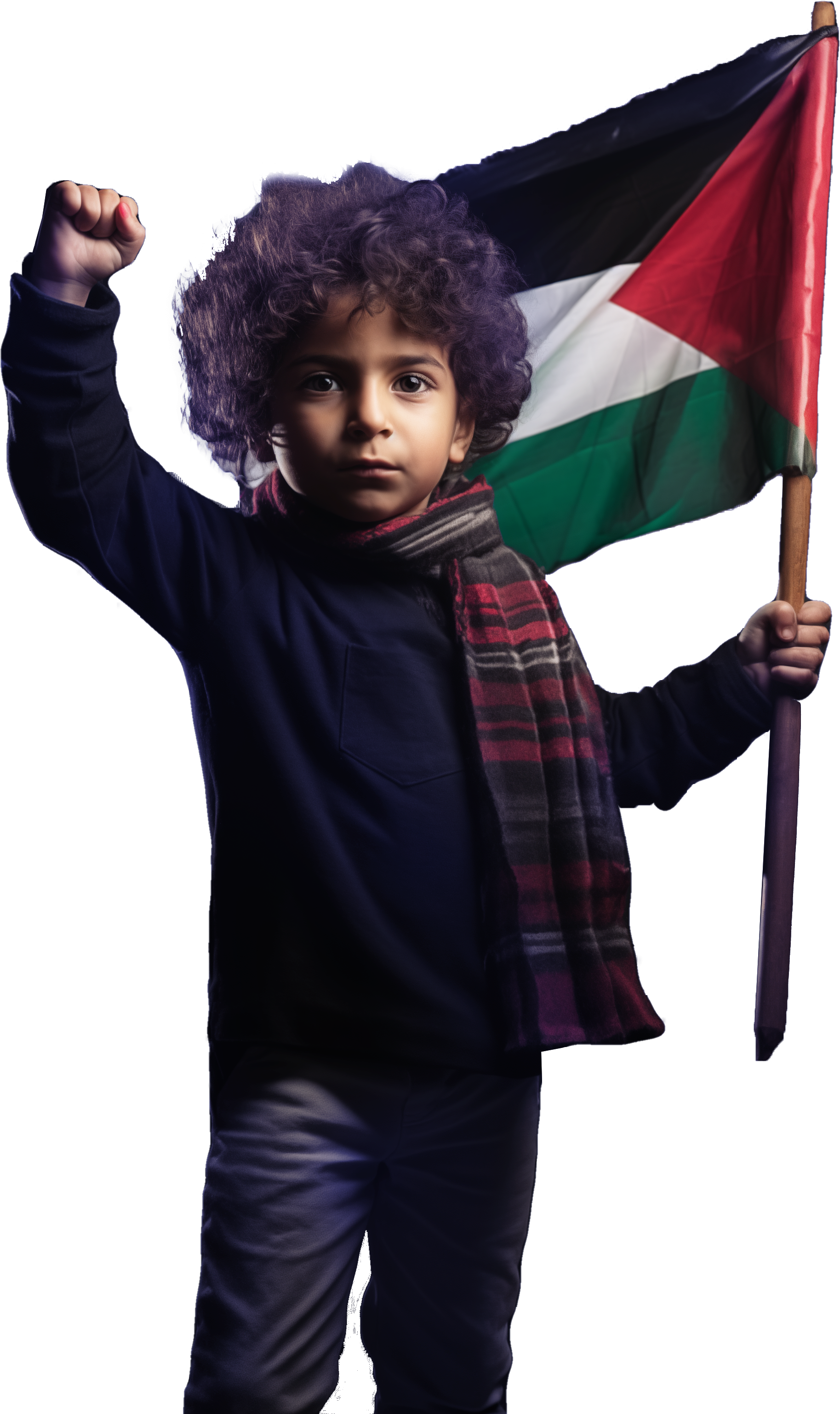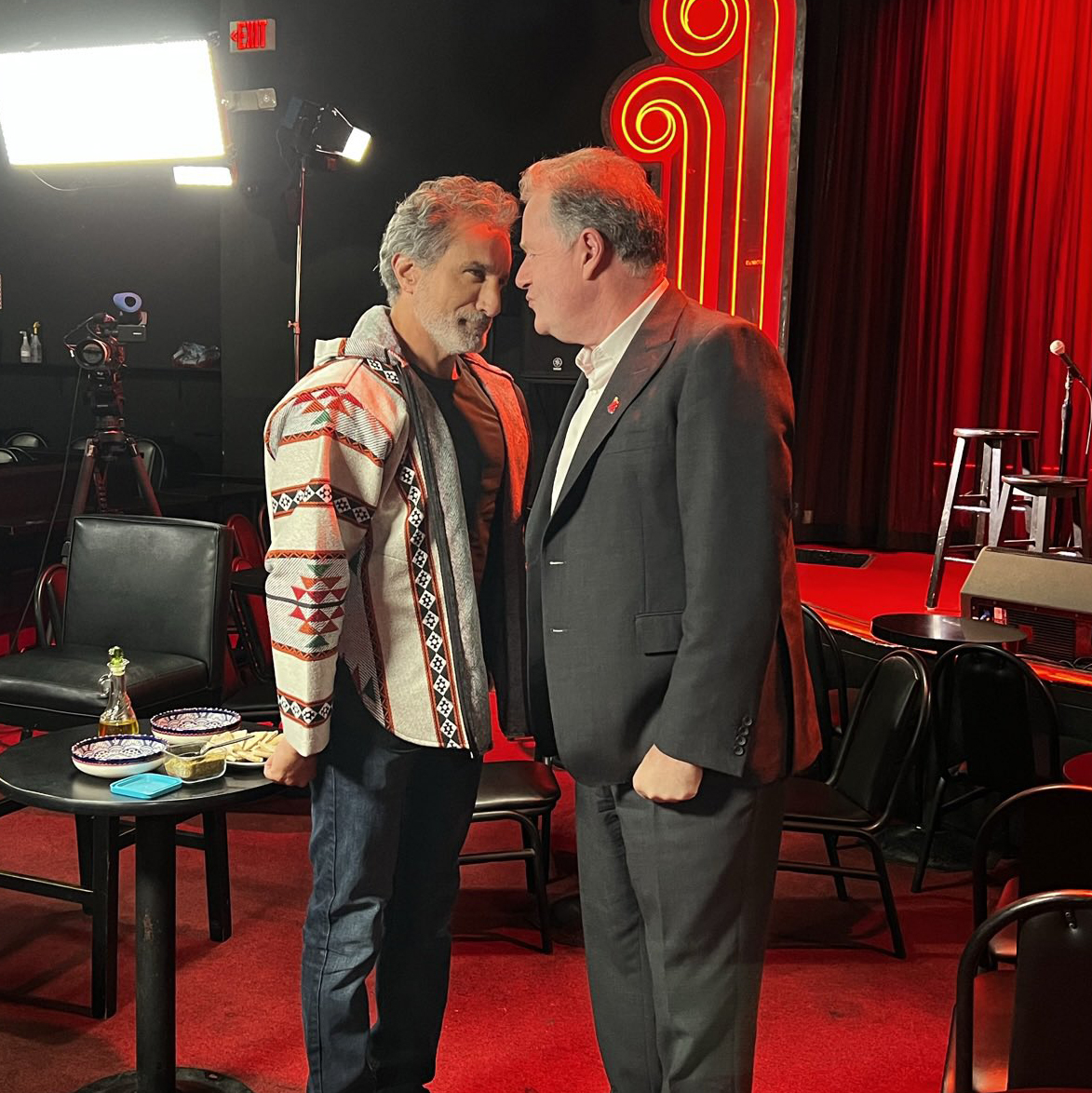
Tech Perspective on Global Events
This blog is part of i-fikra's 'Global Pulse' Series. We explore how technology relates to major world events, with a focus on the Gaza conflict. We examine the connection between what happens online and in the real world, providing clear insights. This blog looks closely at the Gaza conflict, analyzing how it is shown online and what is actually happening. It's a useful resource for understanding the relationship between technology, social media, and important global events.
The Gaza conflict between reality and the realms of social media

Social media has become an integral part of our daily lives. What used to be just a means of communication, has now become one of the most important weapons of the media, playing a central role in shaping global public opinion.
This has become evident in the current conflict in Gaza, where social media platforms have turned into a virtual battleground, with both sides arming themselves with words, videos, and images.
Traditional media has taken a backseat to these platforms, through which every individual can now effectively communicate with those at the heart of the event, receiving real-time news.
On the other hand, the recent events in Gaza have witnessed a significant amount of fake news, rumors, and misleading photos and videos.
This has prompted many people to verify the information and search for the truth of what is being published on social media platforms before reposting or dealing with it as true or confirmed news.
With the increasing importance of social media platforms and their dominance in the media landscape, political leaders take a keen interest in promoting themselves through these platforms to export the desired mental image to the international community.
Does social media affect the events in Gaza?

Viral interviews and the world public opinion
"12 million views for my interview with @Byoussef - making it the most-watched interview I’ve done since the launch of @PiersUncensored" commented the famous British presenter Piers Morgan on the widespread impact achieved by one of his episodes, in which he hosted the Egyptian comedian Bassem Youssef to discuss the Hamas-Israel conflict.
To Morgan's surprise, the views of that episode reached 12 million views on YouTube in just two days!
It is not limited to viewing only, but rather the significant impact that this meeting has had on the opinions of many people who are distant from the issue, who have started to pay attention to the existence of another scenario for events in Palestine that is completely different from the scenario they have always seen in their movies, programs, and media.
Fake images
Being able to say whatever you want is certainly a good thing, but this undoubtedly opens the door wide for deceivers and liars, as they can easily sow the seeds of their lies on those platforms.
The recent events in Gaza have filled social media platforms with a large number of fake images that have been manipulated.
Besides, some unrelated real images are being linked to some false news to control the collective perception of users on those platforms.
Despite the exposure of the falsehood of those images and recorded clips, and the statement of facts, they undoubtedly remain a round in a long media battle, and some wounds will inevitably be inflicted on the body of truth, which may require a lot of time to heal and regain its strength again.


Paid Advertisement War
With the escalation of events in Gaza starting from October 12, 2023, the Israeli Ministry of Foreign Affairs has begun launching advertising campaigns on social media aimed at shaping global public opinion towards the war.
According to data from the X platform, Israel has published nearly 30 ads on it, with views of those videos exceeding 4 million views.
These paid advertisements included images and videos condemning Hamas and claiming it to be a terrorist group, and these advertisements were targeted at the adult population in Western countries in order to gain their sympathy.
The pictures of artificial intelligence and psychological warfare
There is no doubt that a picture is worth a thousand words, as it can convey many meanings that would require hundreds of words to express.
With the emergence of artificial intelligence websites and applications, it has become easy to convert meanings into expressive images.
In the Gaza conflict, AI-designed pictures helped shorten many words innovatively and expressively. Of course, this had a strong impact on shaping global public opinion and psychological warfare.

Why Do Social Media Platforms Moderate Content?

Legal compliance
Compliance with laws and regulations in the countries they operate in. This may include laws related to copyright infringement, hate speech, defamation, or promoting terrorism.
Social standards
To maintain a safe and welcoming environment for all users. Social media platforms often have community standards or guidelines that prohibit content such as hate speech, harassment, nudity, and violence. This helps protect users from harmful or dangerous content, including misleading information, fake news, and content that promotes self-harm or violence.
Additionally, these platforms aim to provide a positive user experience, as excessive unwanted messages, misleading information, or offensive content can drive users away from the platform.
Fake images
Being able to say whatever you want is certainly a good thing, but this undoubtedly opens the door wide for deceivers and liars, as they can easily sow the seeds of their lies on those platforms.
The recent events in Gaza have filled social media platforms with a large number of fake images that have been manipulated.
Besides, some unrelated real images are being linked to some false news to control the collective perception of users on those platforms.
Despite the exposure of the falsehood of those images and recorded clips, and the statement of facts, they undoubtedly remain a round in a long media battle, and some wounds will inevitably be inflicted on the body of truth, which may require a lot of time to heal and regain its strength again.


Paid Advertisement War
With the escalation of events in Gaza starting from October 12, 2023, the Israeli Ministry of Foreign Affairs has begun launching advertising campaigns on social media aimed at shaping global public opinion towards the war.
According to data from the X platform, Israel has published nearly 30 ads on it, with views of those videos exceeding 4 million views.
These paid advertisements included images and videos condemning Hamas and claiming it to be a terrorist group, and these advertisements were targeted at the adult population in Western countries in order to gain their sympathy.
The pictures of artificial intelligence and psychological warfare
There is no doubt that a picture is worth a thousand words, as it can convey many meanings that would require hundreds of words to express.
With the emergence of artificial intelligence websites and applications, it has become easy to convert meanings into expressive images.
In the Gaza conflict, AI-designed pictures helped shorten many words innovatively and expressively. Of course, this had a strong impact on shaping global public opinion and psychological warfare.
